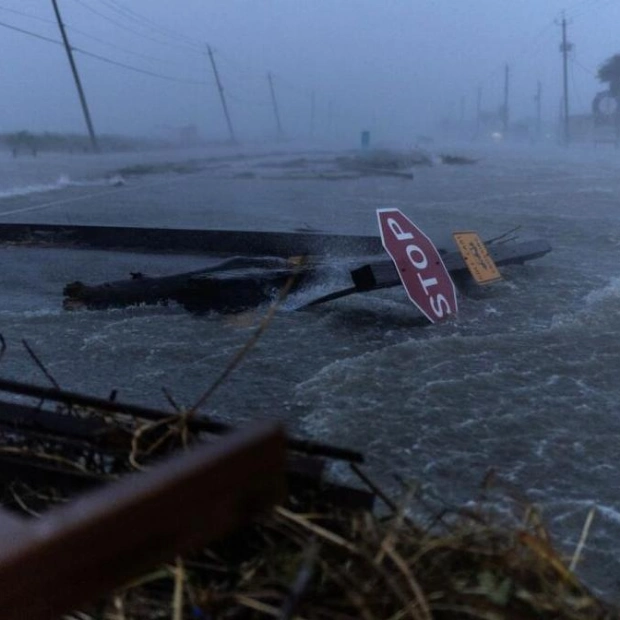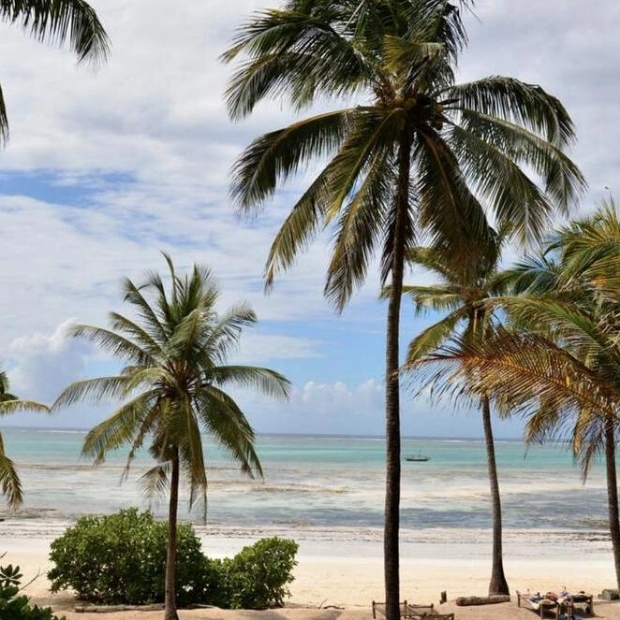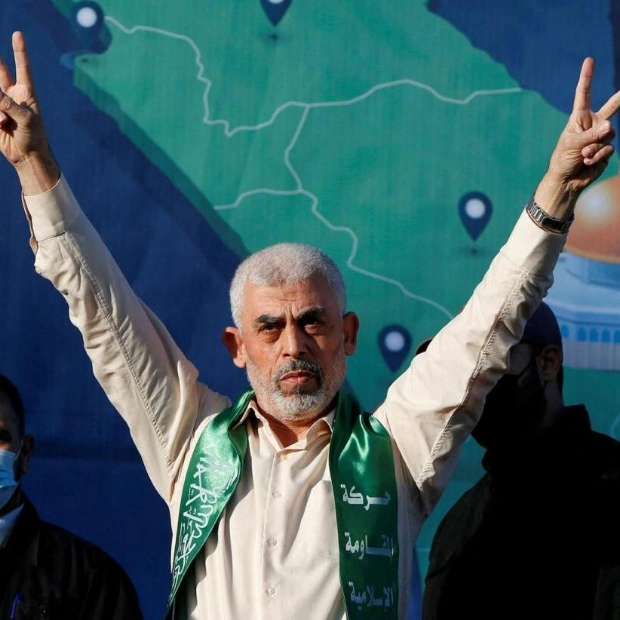A cyclist navigates a road shrouded in dense smog in Lahore on Monday. — AFP
Pakistan's Punjab province has imposed a ban on most outdoor activities and mandated early closures for shops, markets, and malls in certain areas starting Monday to combat the surge in illnesses linked to severe air pollution. The province has already shut down educational institutions and public spaces such as parks and zoos until November 17 in areas including Lahore, which IQAir's live ratings identify as the world's most polluted city in terms of air quality.
The districts of Lahore, Multan, Faisalabad, and Gujranwala have experienced an unprecedented increase in patients suffering from respiratory diseases, eye and throat irritation, and pink eye disease, according to an order issued by the Punjab government late on Sunday. The new restrictions will remain in effect until November 17.
"The spread of conjunctivitis/ pink eye disease due to bacterial or viral infection, smoke, dust, or chemical exposure poses a serious and imminent threat to public health," the order stated. Outdoor activities such as sports events, exhibitions, festivals, and outdoor dining at restaurants have been prohibited, with "unavoidable religious rites" exempted from this directive. Certain establishments like pharmacies, oil depots, dairy shops, and fruit and vegetable shops are also exempt from the 8 p.m. closing time.
Lahore's air quality remained hazardous on Monday, with an index score exceeding 600, according to IQAir, though this was notably lower than the 1,900 recorded in some areas earlier this month. A score between 0-50 is considered 'good'. Several parts of South Asia are blanketed by a toxic haze each winter as cold air traps dust, emissions, and smoke from farm fires. Punjab has attributed its particularly toxic air this year to pollution drifting in from India, where northern regions have also been grappling with hazardous air, and plans to address the issue with the neighboring country through its foreign ministry.
India's Supreme Court directed the Delhi government to decide by November 25 on imposing a 'perpetual ban' on firecrackers, as reported by legal news portal Bar and Bench. The use of firecrackers during Diwali, the Hindu festival of lights celebrated on October 31 despite a ban, has exacerbated the region's pollution problem.
Source link: https://www.khaleejtimes.com






